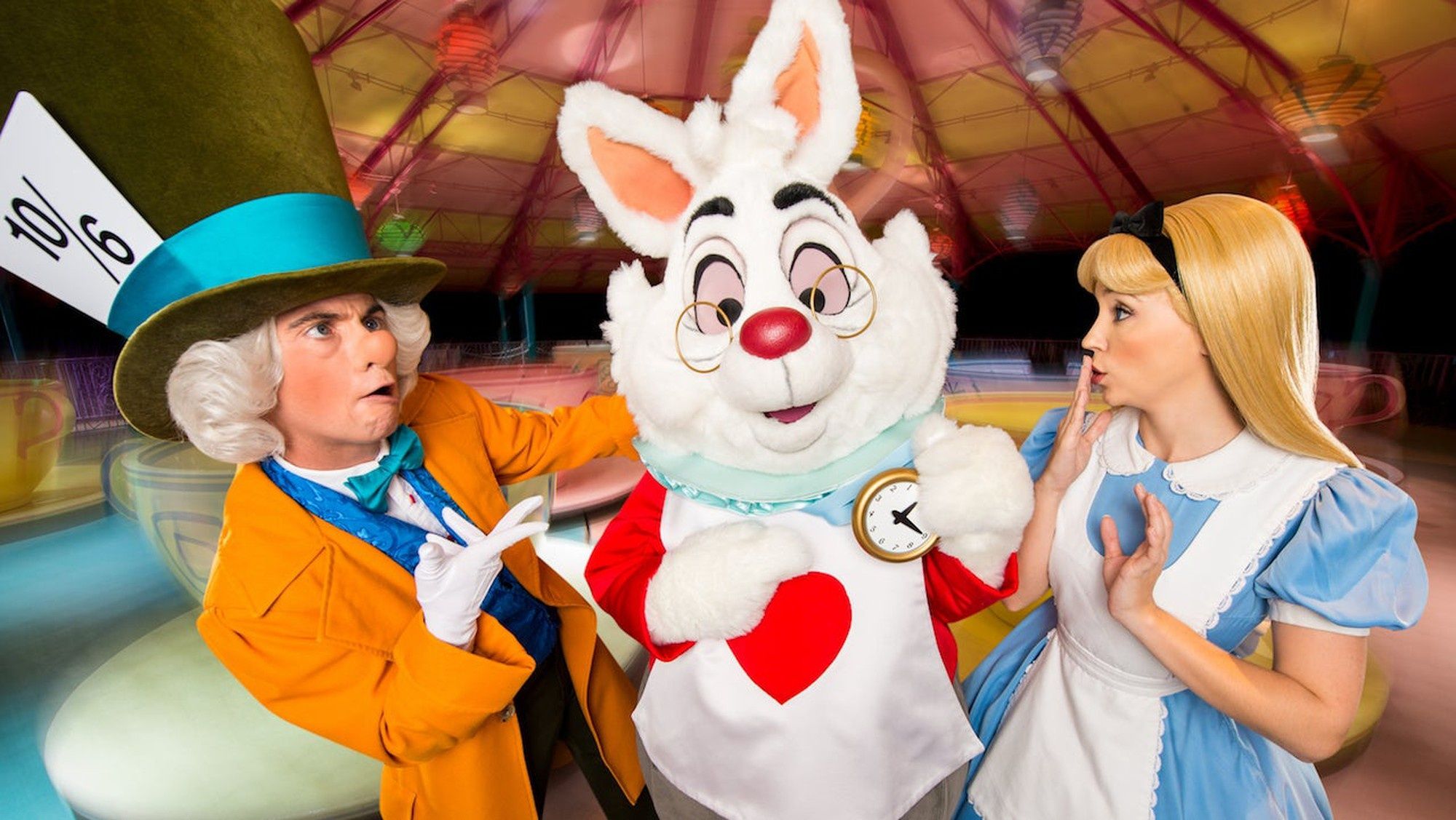2018 will go down as one of the most important years in Walt Disney Company's (DIS 0.11%) history. The company is at a turning point. After years of seeing its cable empire gradually chipped away with the rise of streaming services like Netflix (NFLX 0.67%), Disney took several definitive steps to reorient the company toward long-term growth.
At the end of 2017, it announced it was acquiring the entertainment assets of Twenty-First Century Fox (FOX +0.00%) (FOXA +0.00%). After a long regulatory process, the deal seems on the verge of closing, giving Disney ownership of valuable franchises like The Simpsons as well as cable networks like FX, FXX, and National Geographic, and the content that goes with them. The acquisition also gives Disney majority ownership of Hulu, meaning it can control the streaming service's creative and business direction.
Disney also launched its first streaming network, ESPN+, quickly adding more than 1 million subscribers; CEO Bob Iger said on the last earnings call that the service "continues to see impressive growth." Disney is also preparing to launch the highly awaited Disney+ streaming service, which will host content from Disney, Pixar, Marvel, Lucasfilm, and National Geographic, as well as new movie releases and other content.
Before we explore where Disney will be in five years, let's take a closer look at the company's position today.
An entertainment giant in transition
Though Disney is known for its blockbuster movies and theme parks, its biggest business for years has been its media networks, led by ESPN. In the fiscal year ended Sept. 29, media networks contributed $6.6 billion in segment operating profit out of a total of $15.7 billion, or 42%, and that figure has been declining in recent years, down 4% in fiscal 2018 and 11% in fiscal 2017. Meanwhile at ESPN, Disney's biggest cash cow, subscriber numbers have been falling since 2011, declining in the U.S. from 100 million to 86 million. Those numbers explain why the stock has stalled over the last three years and why Disney is finally pivoting to streaming.
However, the good news for investors is that its other businesses -- like parks and resorts, and studio entertainment -- continue to grow. The parks business has been especially strong, as the company has been able to pass along price increases, and the opening of Shanghai Disney exceeded expectations. While the movie business is notoriously unpredictable, Disney has struck gold over the last year with hits like Black Panther. And it has a number of promising projects in the pipeline, as its popular franchises give it an advantage over rivals.
While operating income has essentially been flat over the last three years, earnings per share have grown due to a lower tax rate. That means Disney stock is cheaper than it's been in more than five years.

Black Panther was a big reason for the company's success this year. Image source: Marvel Studios.
Disney in 2024
Over the next five years, look for Disney to step up its investments in streaming platforms like Hulu, ESPN+, and Disney+. With its global brand and huge content library, the company should be able to attract a substantial subscriber base to its platforms, especially Disney+. It's impossible to predict how many subscribers the Disney+ service will have in five years, as it hasn't even launched yet. But it could easily gain tens of millions of subscribers by then -- Netflix is well on its way to hitting 150 million globally by next year, less than a decade after it split its streaming service from the DVD-by-mail business.
The biggest question for investors is whether revenue and profits from streaming will be able to substitute for continuing declines from cable and broadcasting, as Iger has indicated that the transition will initially weigh on the bottom line. Given that Netflix operates on very slim profit margin and is actually burning billions in cash, and that Hulu is expected to lose more than $1 billion this year, streaming profits have been hard to come by. However, Disney has the advantage of not having to create streaming-only content in the way that Netflix does. Because Disney can put programming on its streams that has also shown in movie theaters, on cable, or on ABC, Disney+ should have a cost advantage over Netflix -- it has more outlets to show its content.
Furthermore, the pay-TV decline has been slow thus far, and if ESPN continues to lose only 2 million subscribers a year, it will still be significantly profitable in five years. That means the company could see profit growth from its television division over the next few years. Disney will restructure its reporting segments next year to include a direct-to-consumer division; that should give investors a better sense of the performance of its streaming services.
Going beyond TV
Five years from now, the company's most valuable division could be parks and resorts, which has seen profits double over the last five years. Disney is investing in major expansions at all six of its theme parks, and with the decline of the media business, Disney seems to see the parks as its biggest growth opportunity. Those new projects include a Star Wars resort at Disney World, a Frozen land at Disneyland Paris, and a Guardians of the Galaxy roller coaster at Epcot. Adding new rides not only attracts visitors, but also increases capacity at the parks, as Disney is mindful that an overcrowded park leads to a bad experience. Though Iger said there were no plans to add a seventh park, he called it an "inevitability," signaling investors should expect another stand-alone theme park down the road. Disney could spend as much as $24 billion over the next five years on park expansions, according to media analyst Michael Nathanson, which should drive that business. With that kind of investment, it's possible that parks profits could again double over the next five years.
Finally, the Studio Entertainment business is likely to continue to be volatile, but the success of movies like Black Panther and the ongoing lineup of Star Wars movies shows the deep bench of intellectual property Disney has for making blockbuster movies. For example, Black Panther was a rather minor character in the Marvel pantheon prior to the movie, but a Black Panther sequel is already in the works, and Marvel has released a spin-off comic book entitled Shuri, about one of the female leads in the movie, which could also lead to a movie of its own.
Most importantly for Disney investors, the company's network of competitive advantages should only grow stronger with the launch of the Disney+ streaming network and the flywheel effect of its intellectual property launching popular movies, which then stream on TV, serve as the basis of theme-park experiences, and can be licensed as toys. That combination of businesses explains why Disney is the most profitable entertainment company in the world.
Keep an eye on Disney
There's plenty of uncertainty ahead for the company, as CEO Bob Iger prepares to step down and Disney makes the transition to streaming. Profit growth may be slow or even down in the next few years, as the company builds out its streaming base. But Disney is making smart investments to set it up for long-term success, and should be in a better position five years from now. Considering the stock's low price today, the company is likely to be rewarded by investors over that time.







